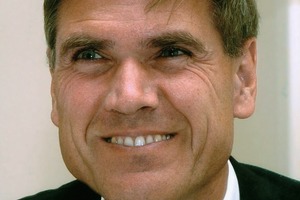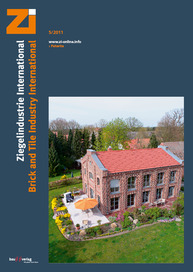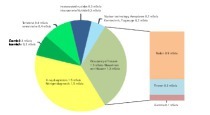Fukushima and the consequences
The outcome of the state elections in Baden-Württemberg and Rhineland-Palatinate show that such reporting fell on fertile ground. All the various parties have since distanced themselves decidedly from atomic power. Despite the fact that Germany appears to be rather isolated across Europe and beyond with that opinion, the decision appears to be irrevocable.
This is bound to lead to a more rapid than anticipated turnaround in energy policy. There will be no more curtailment of subsidies for photovoltaic systems, and expansion of the relative share of sustainable energy can be expected to be pursued at all cost. Electricity tariffs will increase sharply due to scant availability once our nuclear power plants have gone offline and the EEG allocation has exploded. Simultaneously, the good times marked by relatively low natural gas prices also appear to be over now, because a number of other countries are sure to start using more natural gas for generating electricity.
All things considered, the calamity in Japan certainly will not be likely to promote the general public’s sympathy for energy-intensive primary industries. The adverse winds that have been blowing in our faces for some time already are going to become more intense. With the political tailwind generated by the most recent elections, the united do-gooders in politics and management will be talking up things like sustainability and resource efficiency even louder than before – and putting us under more pressure than before.
I do, however, wish to make mention of at least one positive aspect before I close. In the absence of nuclear power plants, it will be necessary to more drastically reduce Germany’s carbon footprint, and energy consumption by private households is likely to be perceived as having the greatest potential for reduction. Energy expenditures for domestic heating in particular still offer lots of room for improvement. That, though, means that either a home’s heating system has to be modernized or – better yet – the building’s envelope upgraded. If the latter measure includes insulation of the upper end, it will be good for roof-tile producers. And if a building is in such poor conditions that its energy-oriented renovation would be either impossible or prohibitively expensive, the best alternative would be to tear it down and replace it with a new structure. That, in turn, would be good for brick producers, as it would let them gain from the latest, more stringent building energy efficiency requirements.
As usual, there are both risks and opportunities on the horizon. What we need to do now is minimize the risks and exploit the opportunities!







